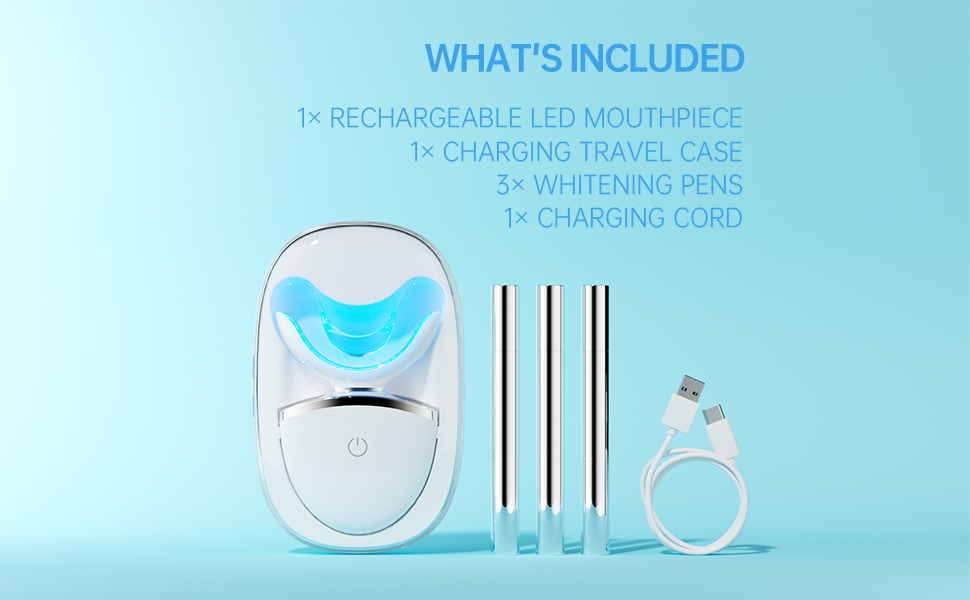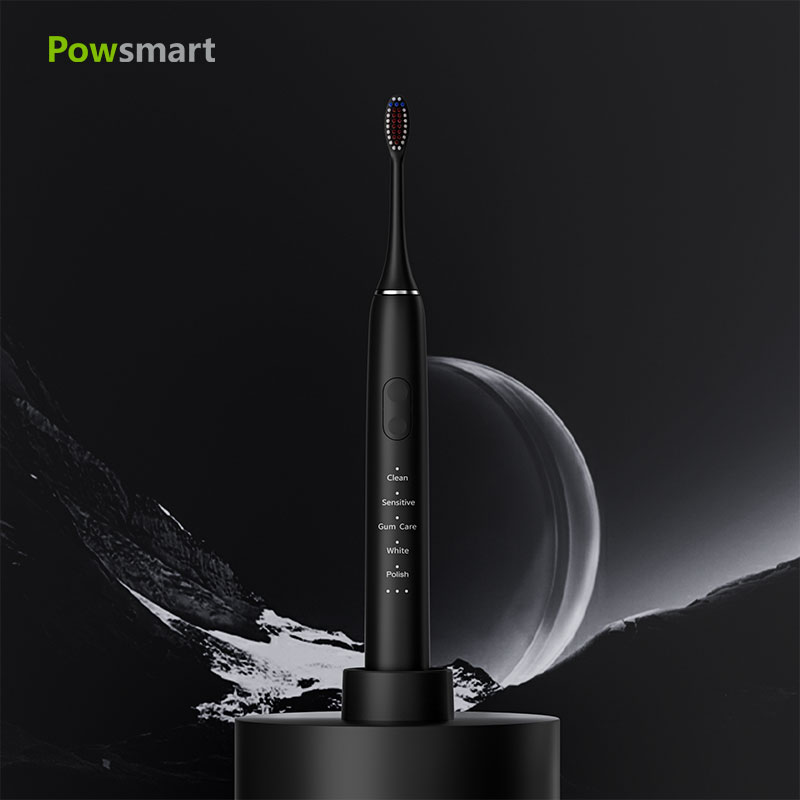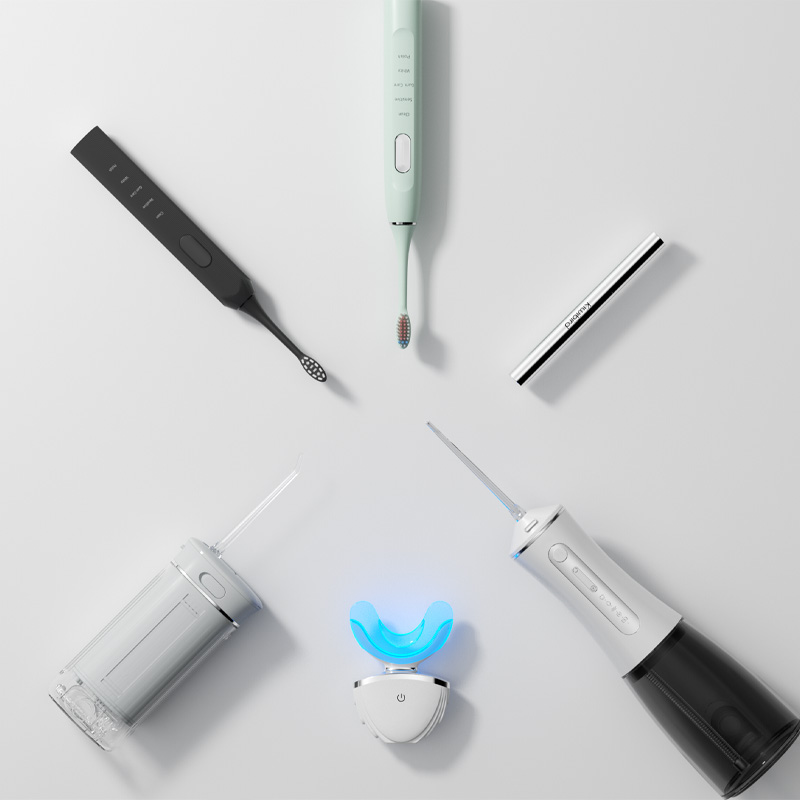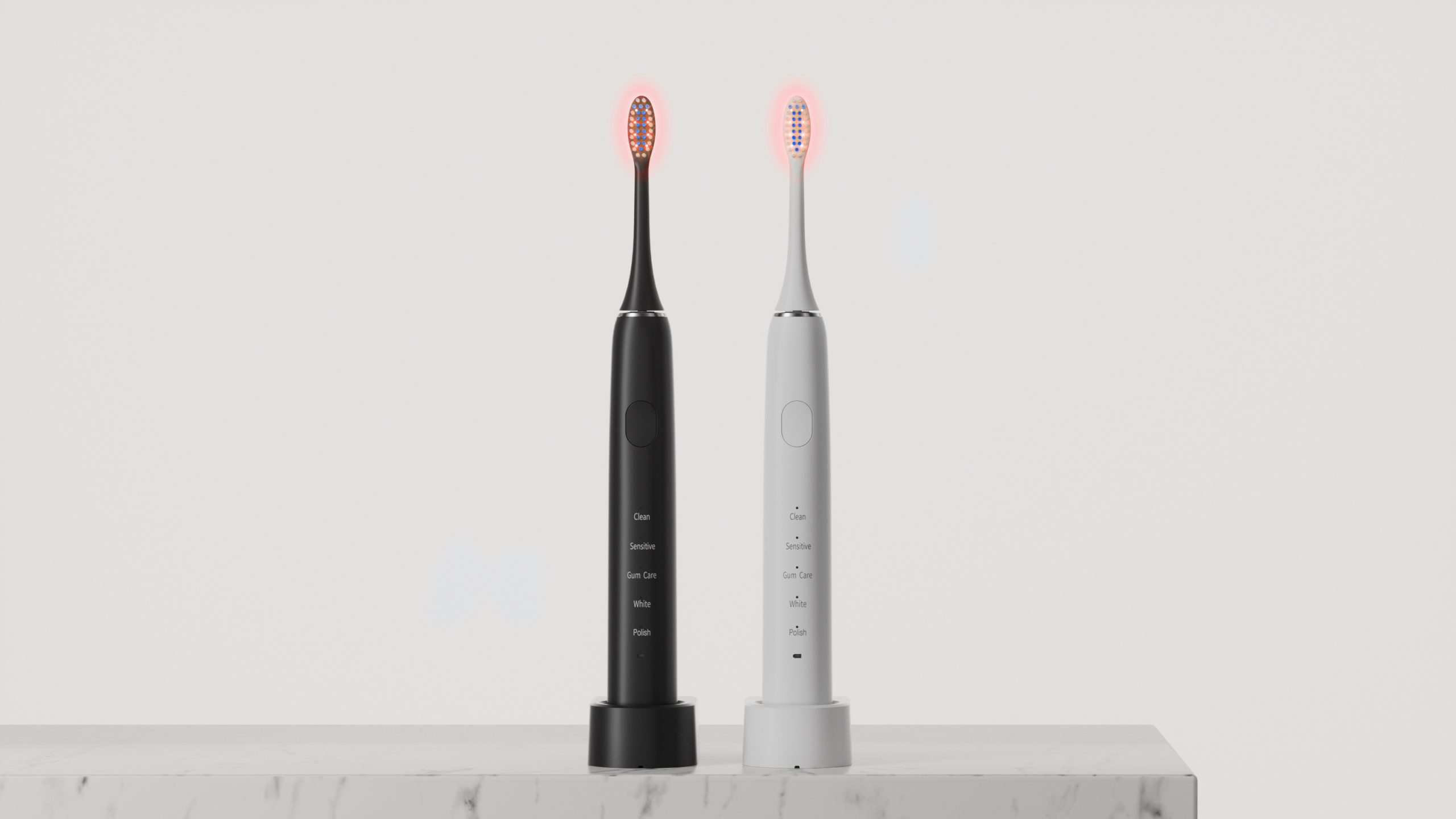As water flossers gain popularity for daily oral care routines, concerns around battery leakage and overheating risks have started surfacing across consumer platforms and return reports. For B2B manufacturers, these issues are more than isolated defects—they represent systemic challenges tied to design, assembly, and quality control. This blog explores the engineering and safety implications behind battery-related failures and what proactive steps can be taken to mitigate them.
Water flossers rely on rechargeable lithium-ion or NiMH batteries for portability and power. However, due to the compact, moisture-prone environments these devices operate in, battery integrity becomes highly vulnerable. Unlike larger electronics, there’s limited room for heat dissipation, and inadequate sealing can directly contribute to battery leakage and overheating risks, often simultaneously.
Battery leakage typically results from:
Once a battery starts leaking, it not only reduces device performance but may also corrode circuit boards, damage surrounding components, and cause unpleasant odors—leading to a spike in consumer complaints.
In many cases, battery leakage is accompanied by overheating risks due to internal short circuits. Factors contributing to this include:
Overheating can lead to swelling, melting of plastic casings, or, in rare but critical cases, thermal runaway. Company web: https://www.powsmart.com/product/electric-toothbrush/
From a B2B standpoint, unresolved battery issues can result in:
Some distributors have reported water flosser failure rates of over 8% when basic thermal safeguards were ignored.
Manufacturers looking to prevent battery leakage and overheating risks should focus on:
These measures not only reduce failure rates but also extend the product’s lifecycle and brand equity.
Ignoring battery-related risks can quickly lead to regulatory red flags, especially under CE, UL, and IEC standards. Furthermore:
Hence, a documented and compliant battery safety plan is essential for large-scale production.
As compact oral care devices evolve, the risk of battery leakage and overheating becomes more pressing. For B2B buyers, OEMs, and private label partners, addressing these safety concerns early in the development process is not optional—it’s a competitive necessity. By investing in superior materials, smarter design, and robust validation protocols, brands can ensure performance without compromising safety. Contact us

.jpg)
Hotel Electric Toothbrush Bulk Supply for Hospitality & OEM Programs
.jpg)
How to support dental charity? Free clinics in Kirkland

Market Analysis of Red and Blue Light Teeth Whitening Devices: How to Find a Teeth Whitening Device Breakthrough in Differentiated Technology?

ODM process for electric toothbrush

Balancing Efficacy & Safety: Hydrogen Peroxide Whitening Timelines for OEM Products
.jpg)
Electric Toothbrush Quality Control: Cleanroom Standards & Defect Analysis Solutions
.jpg)
Adult Sonic Toothbrush Distributor for Dental and Retail Markets
.jpg)
Senior-Friendly Electric Toothbrush OEM: Accessible Oral Care

Our electric toothbrush factory: manufacturing quality and Innovation
.jpg)
Sonic Toothbrush Manufacturer China – OEM & Bulk Production

Is the UV Sterilization Function of the Water Flosser Necessary?
.jpg)
Boston Electric Toothbrush for Sensitive Gums: Gentle Yet Powerful

How to Find an Electric Toothbrush Factory with Strong Comprehensive Capabilities

Waterproof Technology for Electric Toothbrushes

OEM Customization & 24/7 After-Sales Support | Your Manufacturing Partner

Can Red Light Therapy Regrow Gums? A Science-Based OEM Perspective